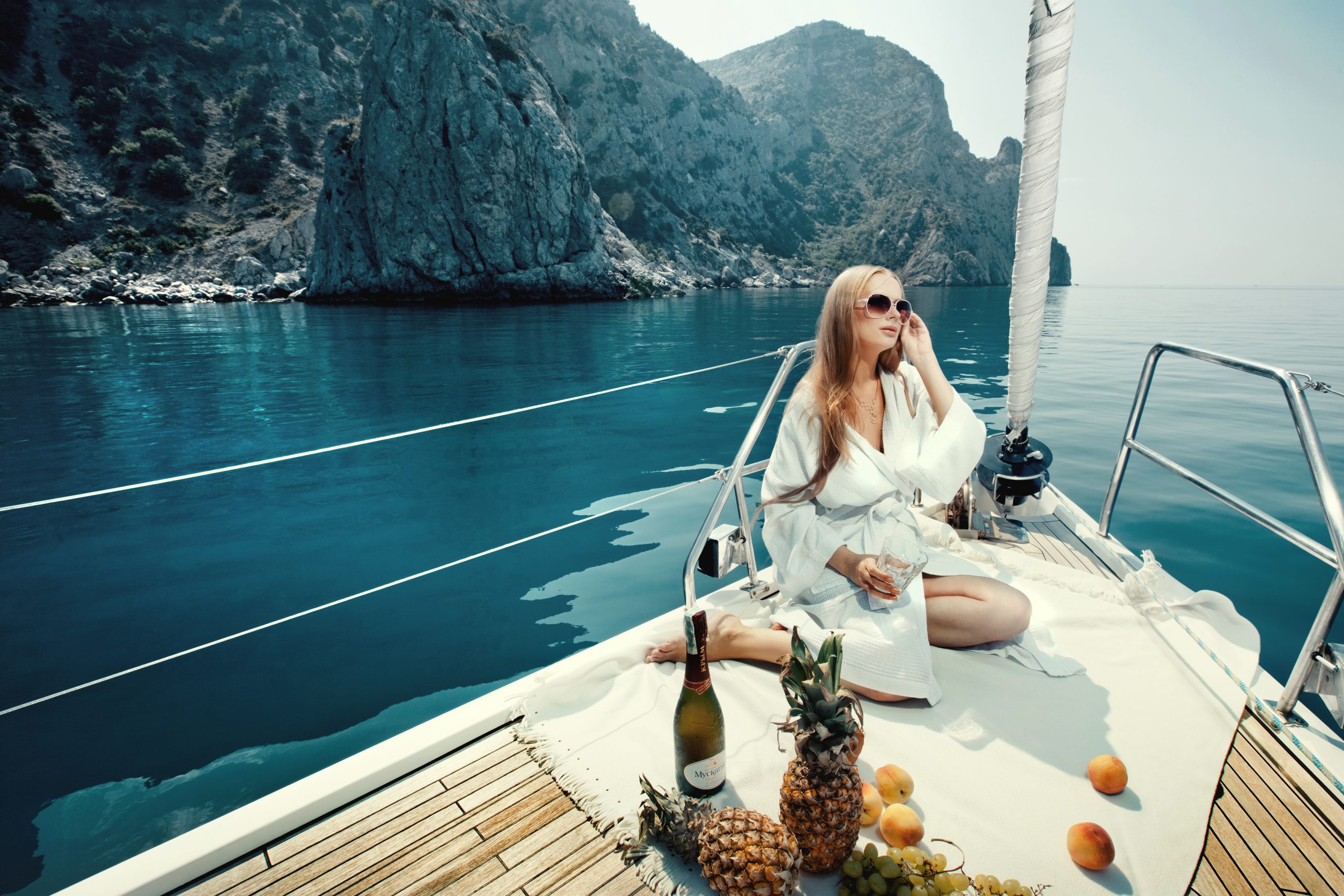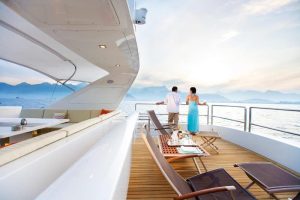- 23 August 2024
- 637
The Role of Sustainability in Luxury Travel

In recent years, the luxury travel industry has experienced a significant transformation. The modern affluent traveler is no longer solely focused on opulence and exclusivity; there is an increasing demand for experiences that are conscientious and sustainable. The role of sustainability in luxury travel has evolved from a niche consideration to a central tenet of the industry. This article explores the multifaceted relationship between luxury travel and sustainability, examining how high-end travel providers are integrating eco-friendly practices into their offerings and the impact of these changes on the market.
The concept of luxury travel has traditionally been associated with comfort, exclusivity, and extravagance. However, as global awareness of environmental and social issues has grown, so too has the demand for sustainable practices within this sector. Today’s luxury travelers are more informed and conscientious, seeking experiences that not only provide unparalleled comfort but also minimize their environmental footprint and contribute positively to local communities.
The Evolution of Luxury Travel

Historically, luxury travel was characterized by its detachment from everyday concerns, including environmental and social issues. The focus was on providing an exclusive and indulgent experience, often at the expense of sustainability. However, as the global landscape has shifted, so too has the definition of luxury. Modern luxury travelers are increasingly prioritizing sustainability, seeking out destinations and accommodations that align with their values.
Key Drivers of Sustainable Luxury Travel
– Consumer Demand: There is a growing segment of travelers who prioritize sustainability. These individuals are willing to pay a premium for eco-friendly accommodations and experiences that support local communities.
– Corporate Responsibility: Luxury travel providers are recognizing the importance of sustainability as a core component of their corporate social responsibility (CSR) strategies. This shift is driven by the need to protect the natural and cultural resources that are central to their offerings.
– Regulatory Pressure: Governments and international organizations are implementing stricter regulations to protect the environment and promote sustainable tourism practices. Compliance with these regulations is essential for luxury travel providers.
Sustainable Practices in Luxury Travel
Luxury travel providers are adopting a range of sustainable practices to meet the demands of eco-conscious travelers:
– Eco-Friendly Accommodations: Many luxury hotels and resorts are implementing green building practices, such as using sustainable materials, incorporating energy-efficient systems, and reducing water consumption. Additionally, some properties are achieving certifications such as LEED (Leadership in Energy and Environmental Design) or Green Globe.
– Conservation Efforts: High-end travel providers are increasingly involved in conservation initiatives. This includes protecting endangered species, restoring natural habitats, and supporting local conservation projects. These efforts not only preserve the environment but also enhance the guest experience by providing unique opportunities for wildlife encounters and eco-tours.
– Community Engagement: Sustainable luxury travel goes beyond environmental considerations to include social responsibility. This involves supporting local communities through fair employment practices, sourcing locally produced goods, and investing in community development projects. By doing so, luxury travel providers create positive economic impacts and foster cultural exchange.
– Sustainable Transportation: Reducing the carbon footprint of travel is a critical component of sustainability. Luxury travel providers are exploring alternative transportation options, such as electric vehicles, private jets with lower emissions, and carbon offset programs. Additionally, some companies are promoting slower travel experiences, such as luxury train journeys and sailing trips, which have a lower environmental impact compared to traditional air travel.
Case Studies
Several luxury travel providers are leading the way in sustainable practices:
– Six Senses Hotels Resorts Spas: Known for its commitment to sustainability, Six Senses integrates eco-friendly practices into every aspect of its operations. This includes using renewable energy sources, implementing waste reduction programs, and supporting local communities through education and healthcare initiatives.
– And Beyond: This luxury travel company focuses on conservation and community engagement. andBeyond operates lodges and camps in Africa and South Asia, where they work closely with local communities to protect wildlife and promote sustainable tourism.
– The Brando: Located on the private island of Tetiaroa in French Polynesia, The Brando is a model of sustainable luxury. The resort uses renewable energy sources, such as solar power and coconut oil, and has implemented a comprehensive waste management system. Additionally, The Brando supports marine conservation and research initiatives.

Future of Sustainable Luxury Travel
The role of sustainability in luxury travel is expected to continue growing in importance. As travelers become more aware of their environmental and social impact, they will increasingly seek out experiences that align with their values. Luxury travel providers that prioritize sustainability will be well-positioned to meet this demand and differentiate themselves in a competitive market.
Furthermore, advancements in technology and innovation will play a crucial role in enhancing sustainability within the luxury travel sector. From the development of more efficient transportation options to the creation of eco-friendly accommodations, the future of luxury travel will be defined by its ability to balance opulence with responsibility.
Conclusion
The role of sustainability in luxury travel is a testament to the evolving values of modern travelers and the industry’s commitment to responsible practices. By integrating eco-friendly initiatives and supporting local communities, luxury travel providers are redefining what it means to offer a truly exceptional experience. As the demand for sustainable travel continues to grow, the luxury travel industry must continue to innovate and lead the way in promoting a more sustainable future for all.

